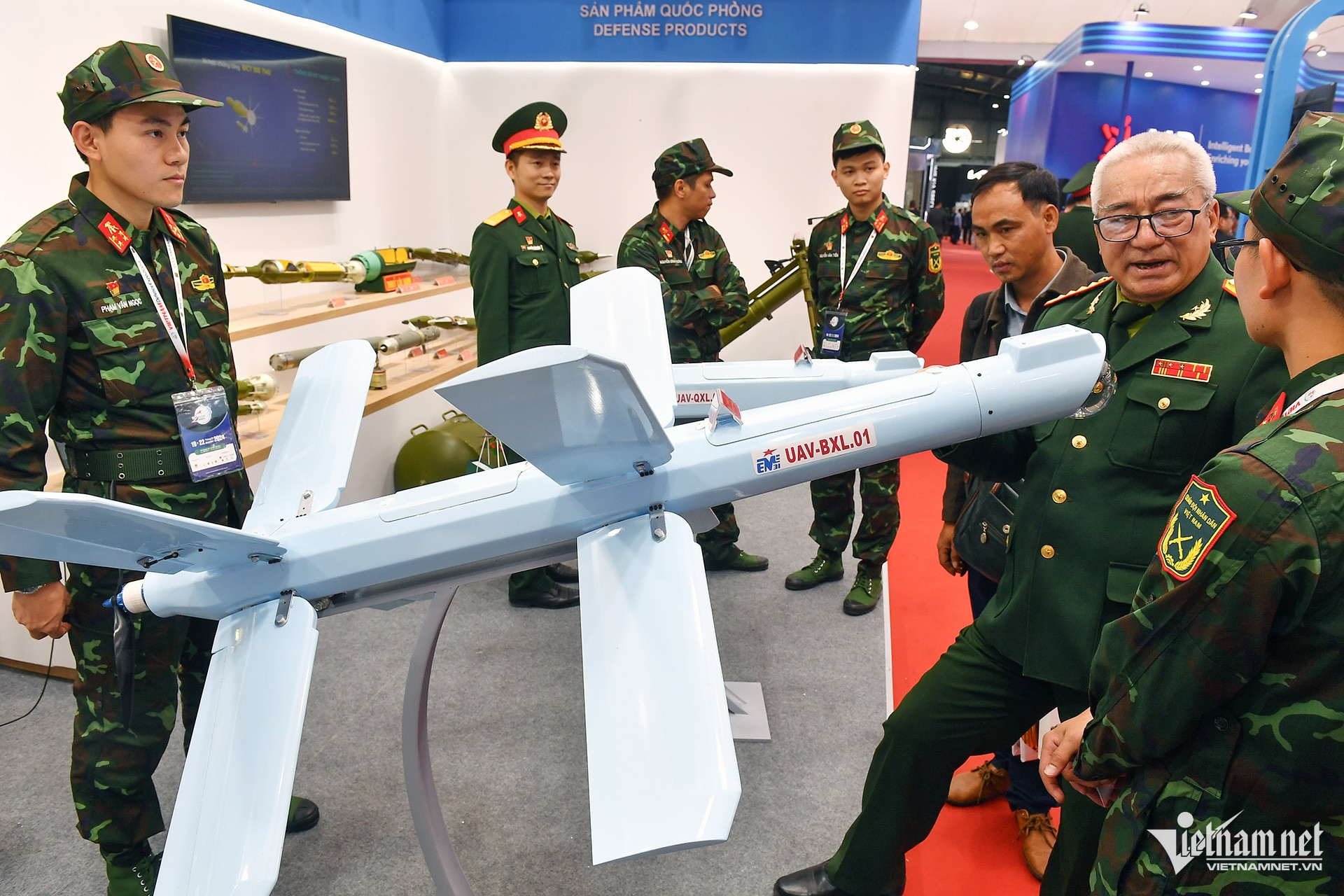
The Politburo has established the Central Steering Committee on the development of science, technology, innovation, and national digital transformation, with General Secretary To Lam appointed as its head. This move underscores Vietnam’s commitment to leveraging science and technology as pivotal drivers for national development in the digital age.
On behalf of the Politburo, General Secretary To Lam signed Resolution No. 57, emphasizing breakthroughs in science, technology, innovation, and digital transformation as critical to Vietnam’s growth.
The resolution outlines ambitious goals for Vietnam by 2030, aiming to position the country among the global leaders in science and technology in key fields. Vietnam aspires to lead in Southeast Asia and rank within the top 50 nations globally in digital competitiveness and e-government development. The country also targets leadership in artificial intelligence research and aims to become a hub for specific industrial sectors in digital technology.
By 2030, at least five Vietnamese tech companies are expected to be on par with global leaders, while 40–50 scientific organizations will attain regional or international recognition. The digital economy is projected to contribute at least 30% of GDP, with 50% of export value coming from high-tech products.
Ambitious targets for innovation
The Politburo’s vision extends to 2045, where science, technology, and innovation are firmly embedded as cornerstones of a high-income, developed Vietnam. By then, the digital economy is expected to account for at least 50% of GDP, with Vietnam emerging as a global hub for digital industries.
Notable milestones include:
Investment in innovation: Research and development (R&D) spending is projected to reach 2% of GDP, with 60% sourced from the private sector. At least 3% of the annual state budget will be allocated to science, technology, and digital transformation.
Human capital development: Vietnam aims to have 12 researchers per 10,000 people, alongside comprehensive policies to attract international and overseas Vietnamese scientists. Incentives include citizenship, housing benefits, competitive income packages, and optimal working conditions.
Digital infrastructure: Cutting-edge infrastructure with ultra-fast bandwidth and massive capacity will be developed, aligning with global standards. The country will focus on mastering strategic and digital technologies.
Global integration: Vietnam plans to attract at least five leading global tech enterprises to establish research and production centers within the country.
To achieve these goals, the Politburo has outlined seven strategic tasks:
Fostering awareness and innovation: Establishing strong political will to drive science, technology, and digital transformation as catalysts for societal and economic progress.
Institutional reforms: Streamlining regulations to eliminate barriers and enable competitive advantages in innovation and digital governance.
Investment in infrastructure: Allocating significant resources to develop advanced scientific, technological, and digital transformation infrastructure.
Human resource development: Implementing targeted initiatives to nurture talent in mathematics, physics, biology, chemistry, engineering, and strategic technologies.
Digital transformation across governance: Enhancing the efficiency of public administration through technological applications while ensuring national defense and security.
Corporate innovation: Encouraging businesses to adopt scientific, technological, and digital solutions to increase competitiveness.
International cooperation: Strengthening global partnerships in science, technology, and digital governance.
The establishment of the Central Steering Committee signifies Vietnam’s determination to implement these strategies effectively. A National Advisory Council comprising domestic and international experts will also be formed to support this effort.
Tran Thuong